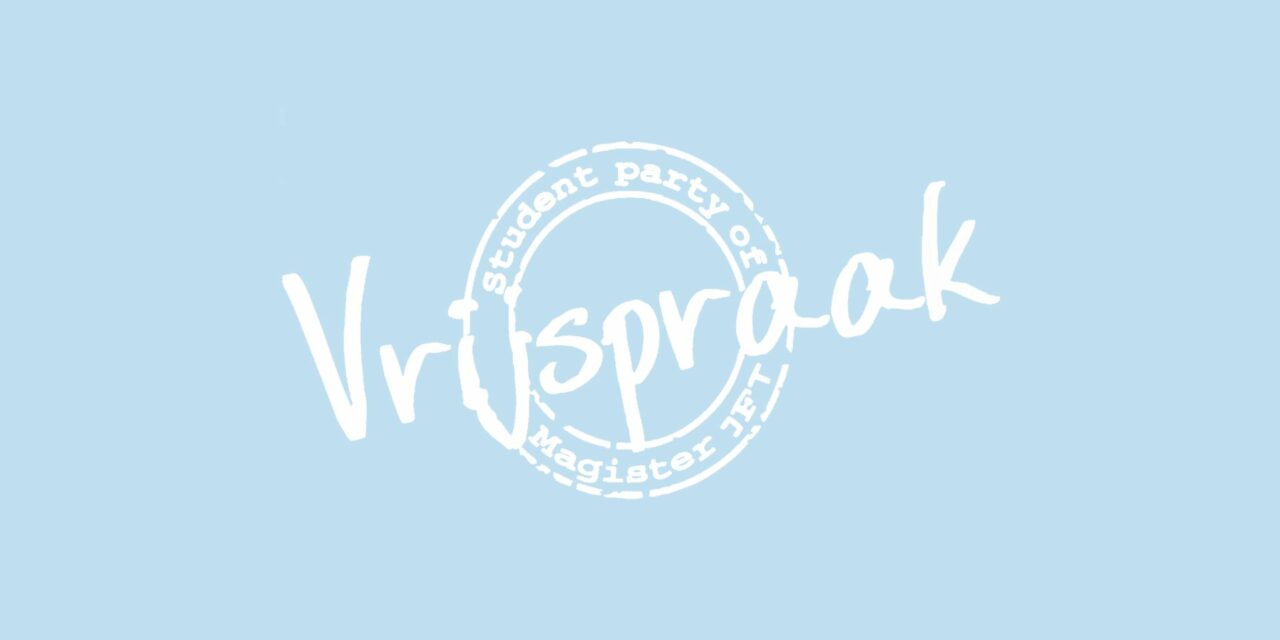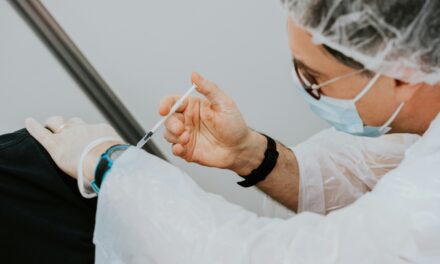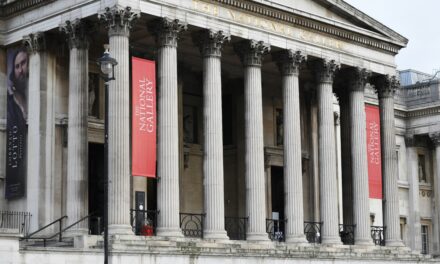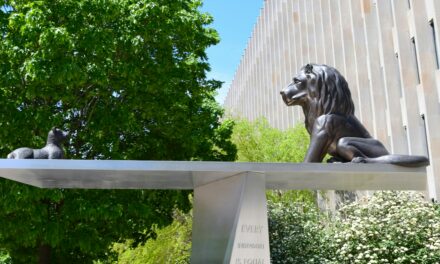In education, it’s really important for students to have access to all the materials they need to succeed in their courses. Recently, Student Party Vrijspraak brought attention to an important issue within the bachelor programs Rechtsgeleerdheid, Global Law and Bestuurskunde. Which is the fact that some courses don’t have recorded materials available, even though the Tilburg Law School policy says they should be ready at least two weeks before exams. While the Board acknowledges this problem, resolving it requires coordination between Academic and Course Coordinators. Additionally, there’s confusion regarding lecture recordings in Global Law due to varying formats.
Vrijspraak has worked hard to identify and bring forward this issue of lectures not being recorded. However, this has only marked the beginning of how Vrijspraak seeks to handle the issue, as we would like to see it be completely resolved.
In this article, we look into the efforts of Student Party Vrijspraak and the complexities surrounding the accessibility concerns in education. By shedding light on the challenges and ongoing discussions, we aim to emphasize the importance of ensuring fair access to educational resources for all students.
We will do this by answering the following questions: ‘Why is it crucial to record lectures?’, and ‘What’s the current policy on this matter’? We’ll explore the significance of lecture recordings and how we uncovered existing policies. Additionally, we’ll discuss efforts to resolve any issues and the actions Vrijspraak plans to take.
There are a few reasons why the recording of lectures is essential for students. Firstly, it provides a way for students with external obligations, like caregivers, a way to combine this with their studies. Secondly, it allows students to pursue honour degrees within their respective study program. Lastly, recorded lectures leave room for students to pursue extracurricular activities, like internships and board years, beside their study.
The current policy at TLS states that these lectures should be recorded. The Vrijspraak student representatives at the Faculty Council discovered this policy by asking questions to the Faculty Council on the topic. According to the policy, students should be provided the lecture recordings no less than two weeks before their exams, which is seldom adhered to. Our current Vrijspraak Faculty Council members have been working hard to make sure it is implemented in each TLS course ever since.
Currently, the main issue with the recorded lectures is the fact that many course coordinators disagree with this policy. Their argument is that many lectures contain a high level of interaction and should therefore be considered tutorials. In order to correctly evaluate this argumentation, Student Party Vrijspraak will be drawing up a document of TLS’ lectures that in our opinion should be recorded. This document will provide as a baseline for following conversations.
Bringing light to this issue has been one of the many occupations of the faculty council members of student party Vrijspraak. For 33 years we have been representing the voice of all students within Tilburg Law School, by ensuring that students’ issues are communicated to the relevant people and resolved in the correct way. In the next year, Vrijspraak is aiming to implement dynamic plans surrounding transparent education, rewarding students’ efforts and student wellbeing within the faculty council. We are going to do this through pushing for our ideas early and not stopping until we see change that will make a difference for our fellow peers.
If you want to see real change happen within TLS, make sure to vote Vrijspraak on the 16th, 17th, or 18th of April- let your voice be heard!
For more information regarding student party Vrijspraak or the upcoming elections, send an e-mail to [email protected] or check out their instagram or LinkedIn page (insta: studentpartyvrijspraak, LinkedIn: Vrijspraak, student party of Magister JFT)








